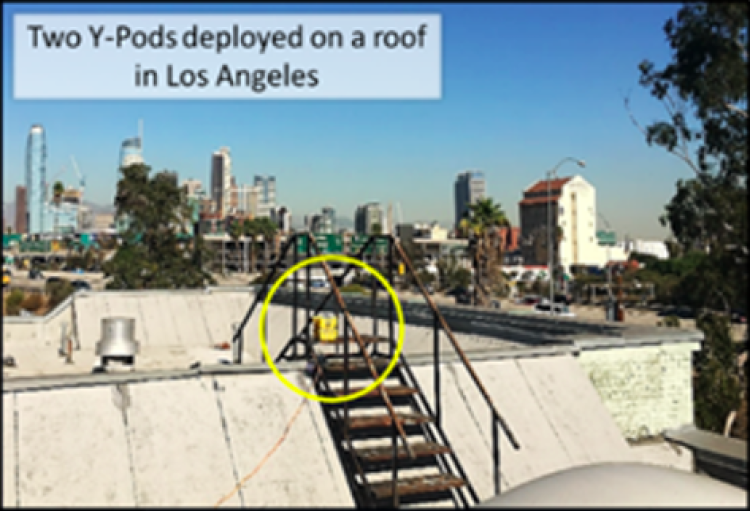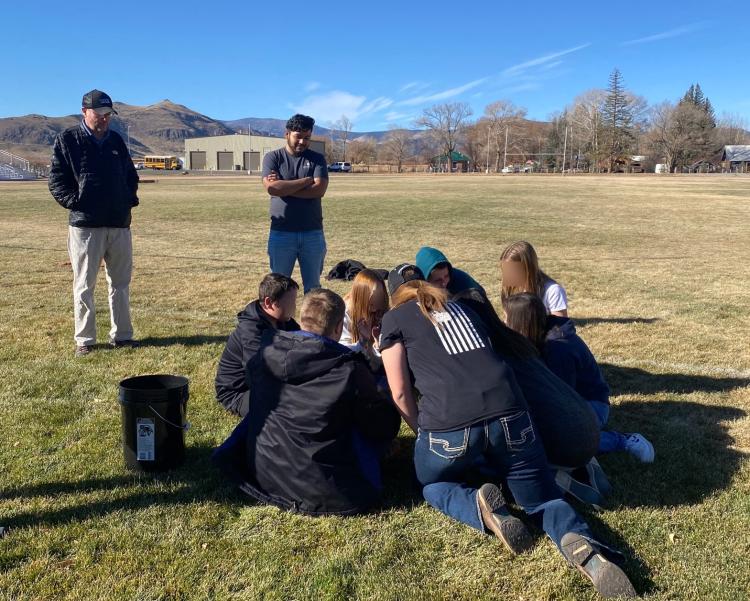Outreach
Advances in next-generation air quality monitoring technologies are facilitating greater public and community involvement in air quality studies. Engineering outreach projects are a great benefit to both the scientists and the community in which they are working. Increasing the level of collaboration combines a scientist's research capabilities and background with a local citizen or community's understanding of their own environment and potential air quality issues, which results in more complete and relevant results.
Community engagement in research
Our most extensive community-engaged research is based in Los Angeles, CA. In collaboration with Dr. Jill Johnston, Director of Community Engagement in the Division of Environmental Health at University of Southern California, we have worked with two LA-based community organizations, Redeemer Community Partnership and Esperanza Community Housing, to help document elevated pollution levels due to neighboring oil and gas facilities. We aim to democratize data through the use of our low-cost sensors so that communities can take evidence-based action on their air quality. Much of our community engagement efforts have been interrupted by the ongoing COVID-19 pandemic, but we look forward to jumping back into town halls and other forums soon.
Air Quality Inquiry Program (AQ-IQ)
Mike Hannigan's Lab at the University of Colorado Boulder has developed a curriculum for K-12 teachers to teach their students about air quality and engineering. The goal is to get students exposure to science, math, and technology while also applying those subjects to the environment. As a project-based learning course, students design and conduct their own experiments with the Pods and present their findings in a poster session. There are five lessons that are designed to provide teachers with the material to teach their students about air quality by using our Pod technology. The program’s teaching lessons are now featured on TeachEngineering.
The program is taught by CU Boulder students in metro-Denver and rural CO middle and high schools. There is also a chapter in Mongolia taught by university students there. For more detailed information on the AQ-IQ Program please check out the AQ-IQ Website.

Two pods deployed on a roof in Los Angeles

Students work together on an AQ-IQ activity

